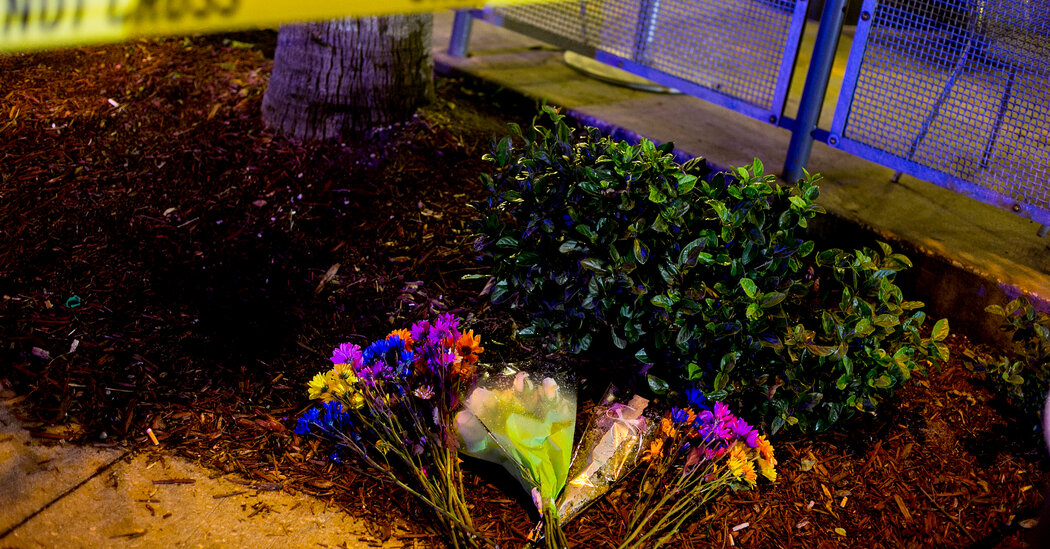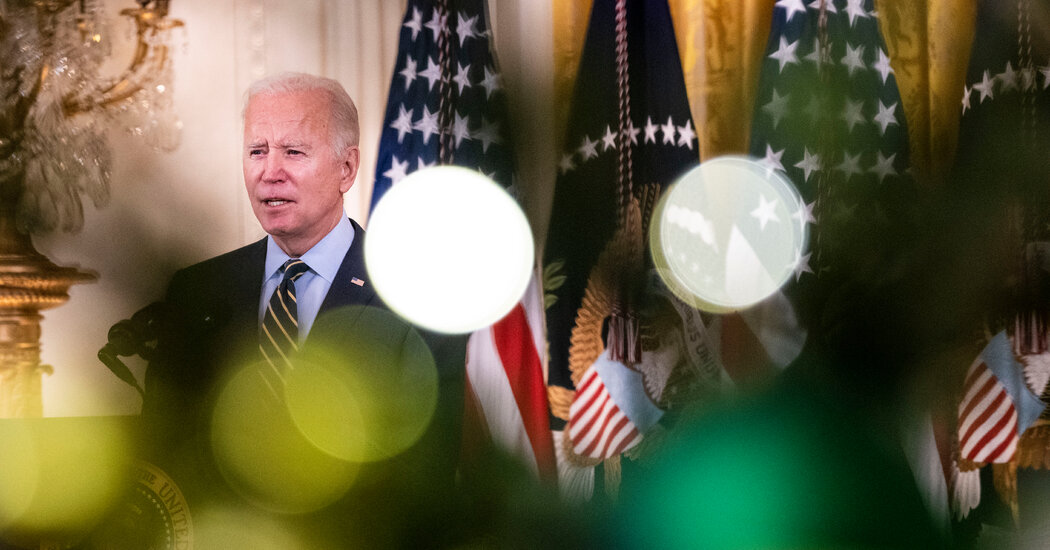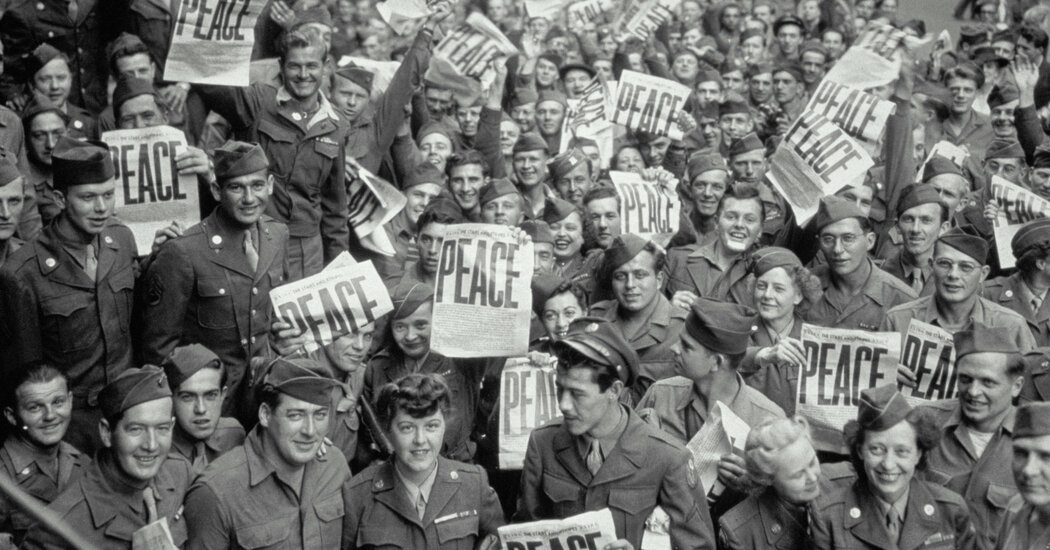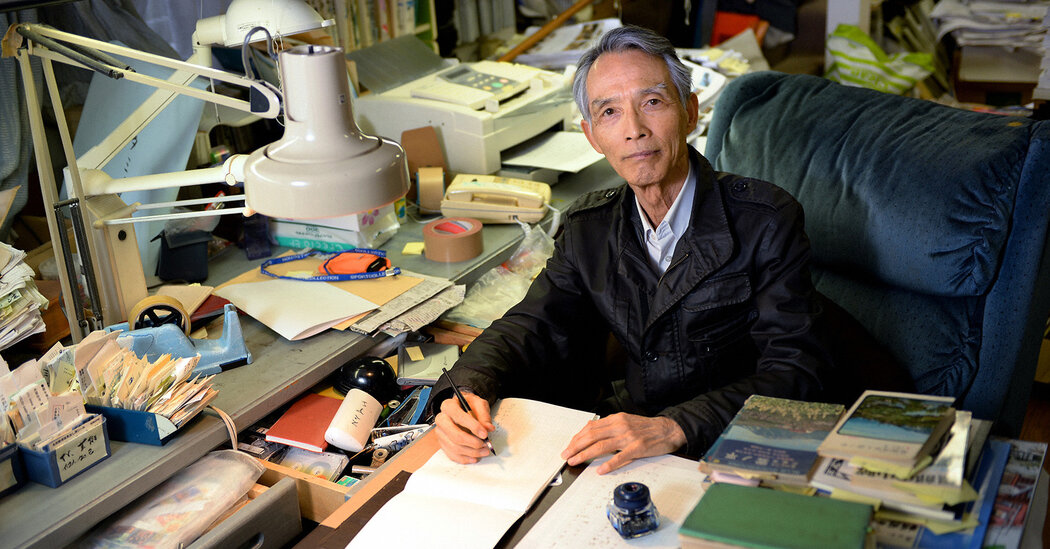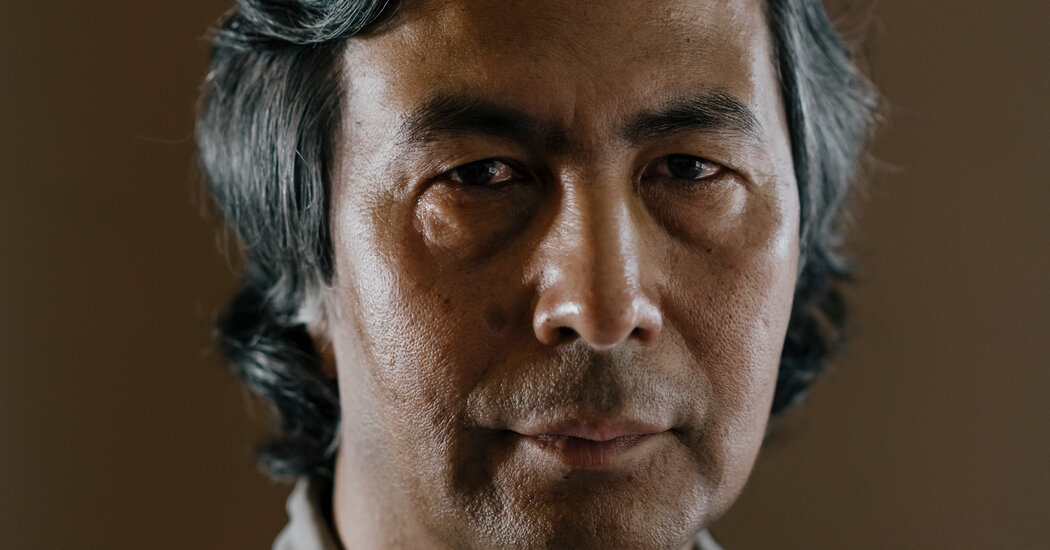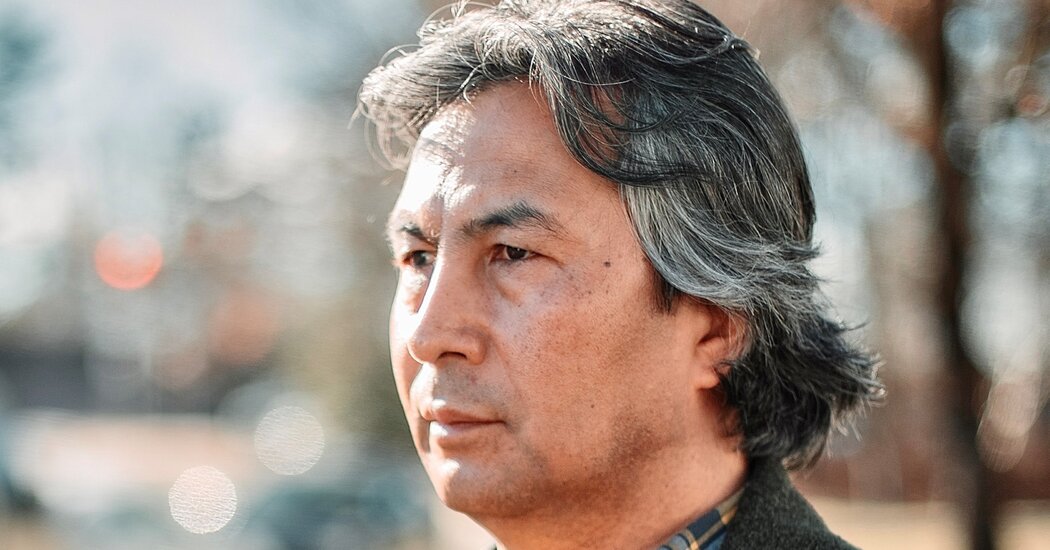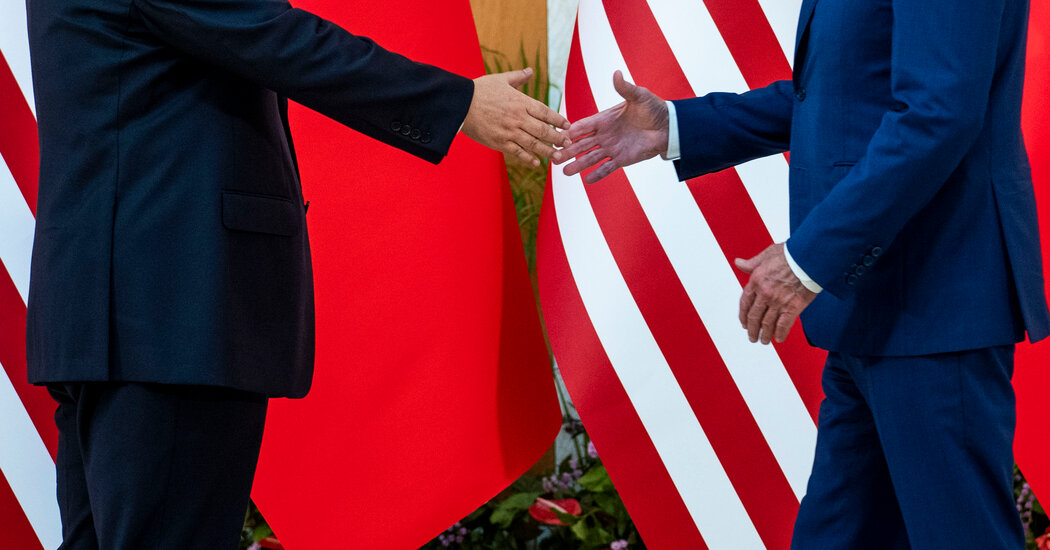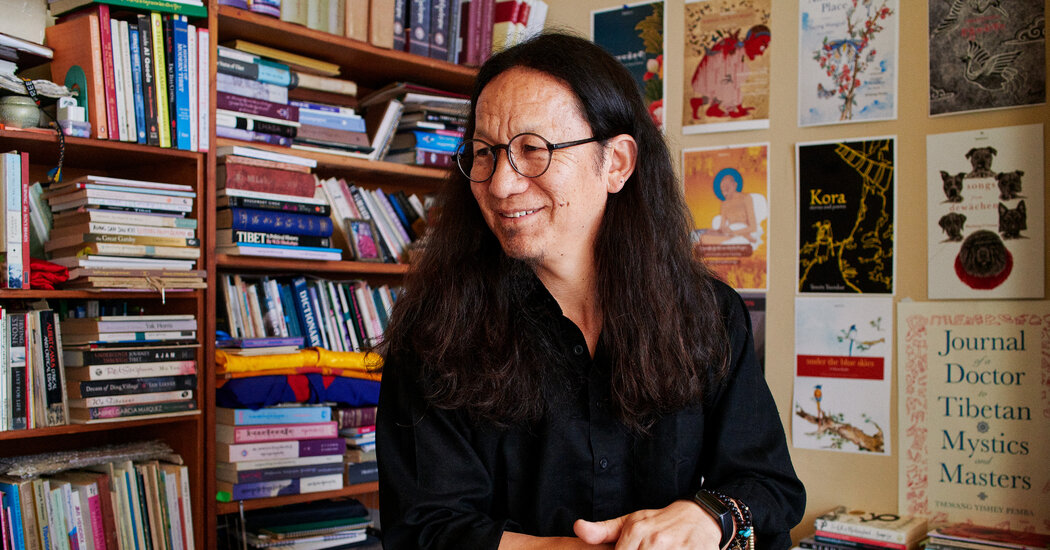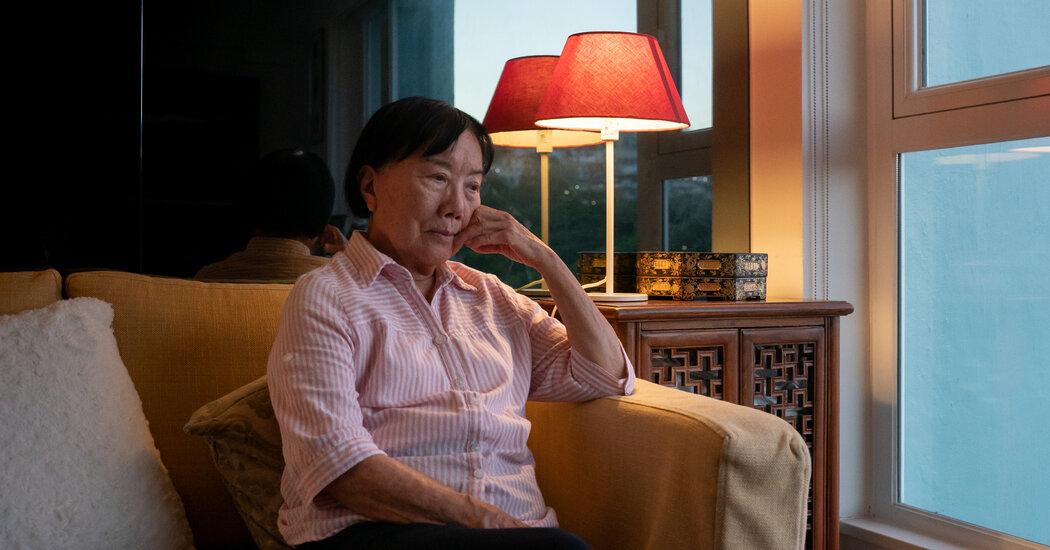Some weeks, as I try to chase down a particular idea or understand a particular event, my reading lists have clear themes: what to read to understand X; three books on Y. This is … not one of those weeks. Instead, I’ve been feeling intellectual entropy, pinging from one topic to another. I’ve decided to lean into it, letting my brain range freely and trusting that it will take me somewhere interesting. I’m pleased with the results: a fascinating new book on China, a new political science paper that explains…
Tag: Books and Literature
Book Review: ‘The Last Politician,’ by Franklin Foer
THE LAST POLITICIAN: Inside Joe Biden’s White House and the Struggle for America’s Future, by Franklin Foer How will the history of the Biden administration be written: as the turning point when America began to heal or as a hiatus between moments of deadlock and adversity? Franklin Foer’s “The Last Politician,” an account of Biden’s first two years in office, is the first draft of an answer. It has the makings of high drama. Crisis follows crisis. The problem is that, from Biden’s bleak inauguration to the surprise result of…
Isabel Crook, Whose Life in China Spanned a Century of Change, Dies at 107
Isabel Crook, a China-born daughter of Canadian missionaries who became one of her adopted country’s most celebrated foreign residents, beloved as an educator, anthropologist and articulate advocate for the Communist state, died on Sunday in Beijing. She was 107. Her son Carl Crook said the cause of death, in a hospital, was pneumonia. Mrs. Crook was among the last of a generation of Westerners born to missionaries in China in the decades before the Japanese invasion, World War II and the subsequent Communist revolution. The experience defined them. Some, like…
Book Review: ‘On Wars,’ by Michael Mann
ON WARS, by Michael Mann If wars are “the least rational of human projects,” why have there been so many of them all over the world, in every era? This is the question that the sociologist Michael Mann poses in the boldly titled “On Wars.” It is an ambitious book, plumbing the roots of war from the early Roman Republic to Vladimir Putin’s Russia, with intermediary chapters on ancient and imperial China, Mongol conquests, feudal Japan, the carnage of European Christendom, clashes in pre-Columbian and Latin America, the two world…
Seiichi Morimura, 90, Who Exposed Japanese Wartime Atrocities, Dies
Seiichi Morimura, who wrote a searing exposé of the Japanese Army’s secret biological warfare program in occupied China, describing how it forcibly infected thousands of prisoners with deadly pathogens, died on July 24 in Tokyo. He was 90. The announcement of his death by his publisher, Kadokawa, was cited in Japanese media. Mr. Morimura detailed the atrocities committed by the Japanese program — called Unit 731 — in a widely sold book, “Akuma no Hoshoku,” or “The Devil’s Gluttony” (1981). Among the horrors he described were vivisections performed without anesthesia…
A Poet Captures the Terror of Life in an Authoritarian State
Tahir Hamut Izgil watched as parks emptied of people, naan bakeries boarded up their windows and, one after another, his friends were taken away. The Chinese government’s repression of Uyghurs, the predominantly Muslim ethnic minority to which he belonged, had gone on for years in Xinjiang, the group’s ancestral homeland in China’s northwest. But in 2017, it morphed into something more terrifying: a mass internment system into which hundreds of thousands of people were disappearing. Millions lived under intense and growing surveillance. Izgil, a prominent poet and film director, feared…
Book Review: ‘Waiting to Be Arrested at Night,’ by Tahir Hamut Izgil
But their departure is no triumph. When Izgil calls his mother after arriving in the United States, the police in China confiscate her cellphone and ID card, returning them only after Izgil’s father and brother sign an affidavit promising never to speak to Izgil again. His friends delete his contact info on WeChat. Despite these precautions, some of his relatives are swept up in the mass detentions that have ensnared more than one million Uyghurs. Izgil cannot enjoy the uneasy freedom of life in the United States. With little English,…
A Look Back at Our Coming War With China
In “The Avoidable War: The Dangers of a Catastrophic Conflict Between the US and Xi Jinping’s China,” Kevin Rudd, a former prime minister of Australia and a longtime scholar of China, imagines 10 distinct plotlines, many revolving around the fate of Taiwan. For instance, what if China seeks to take the island by force and Washington opts to not respond? That would be America’s “Munich moment,” Rudd writes, eviscerating any American moral authority. Even worse would be the United States reacting with military force but then losing the fight, which…
An Exiled Publisher Creates a ‘Brotherhood Across Tibetans’
In the winter of 1982, Bhuchung Sonam left his home in Central Tibet. For five days, he trekked with his father across the Himalayas to the Nepali border. Only around 11 years old then, he knew little about what they were fleeing — China’s decades-long colonization of his homeland — and why. He also didn’t realize that he would never again see his homeland, his mother or his six siblings. After arriving in Nepal, Sonam and his father made a pilgrimage to Buddhist sites in neighboring India, the home of the…
She Witnessed Mao’s Worst Excesses. Now She Has a Warning for the World.
In 1955, not long after Ms. Chen joined the Central Film Bureau, Hu Feng, a well-known Chinese Marxist writer, was detained for penning a report arguing that literature should allow for greater expressiveness. His words triggered a purge that rippled through Ms. Chen’s circle of friends and colleagues, some of whom were accused of being part of Mr. Hu’s “counterrevolutionary clique.” Then, unexpectedly, Mao began to welcome criticism of the party, urging a “hundred flowers to bloom,” a phrase meant to encourage people to speak up and criticize the party’s…
